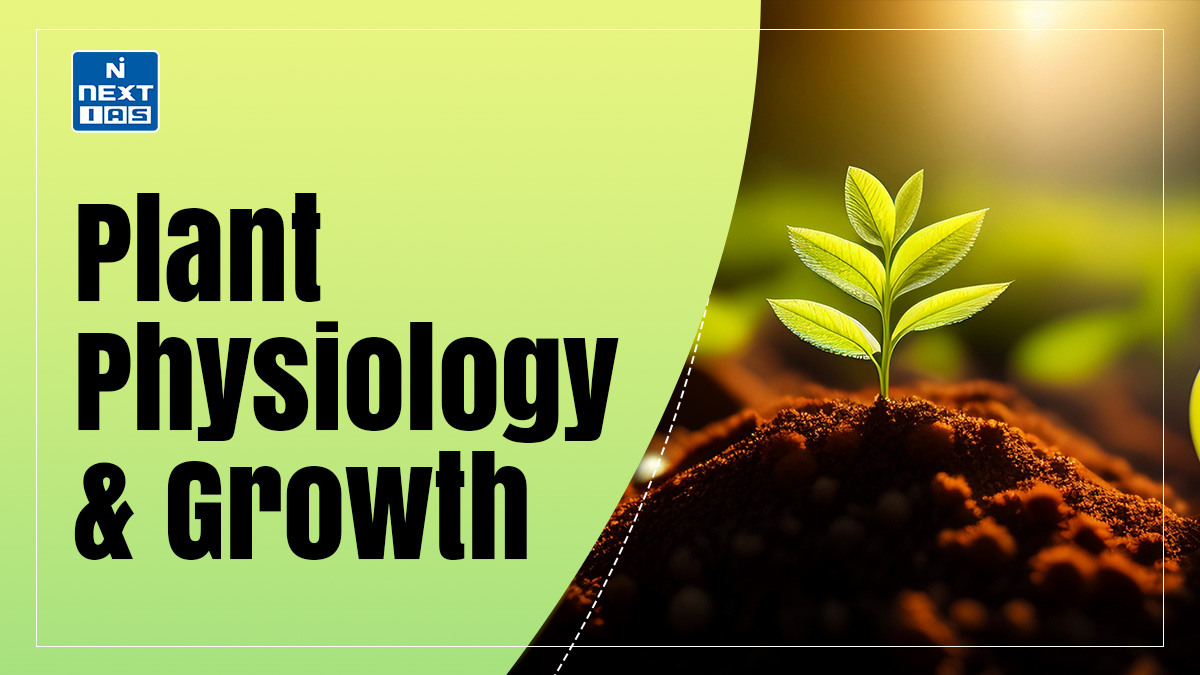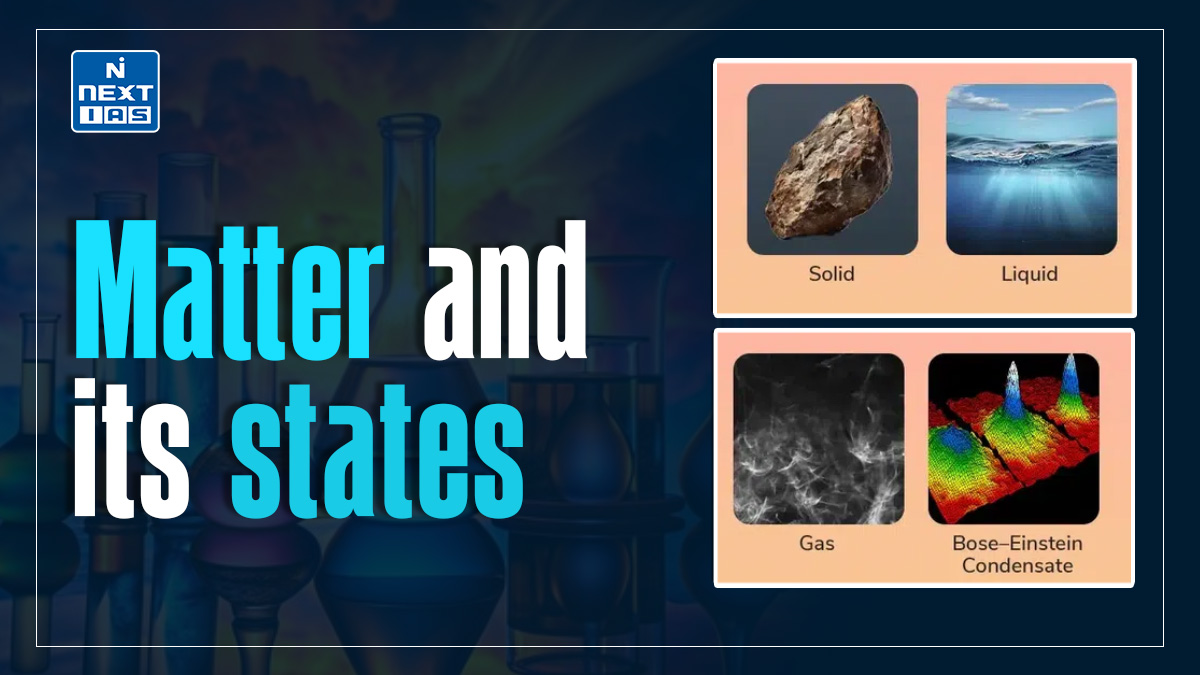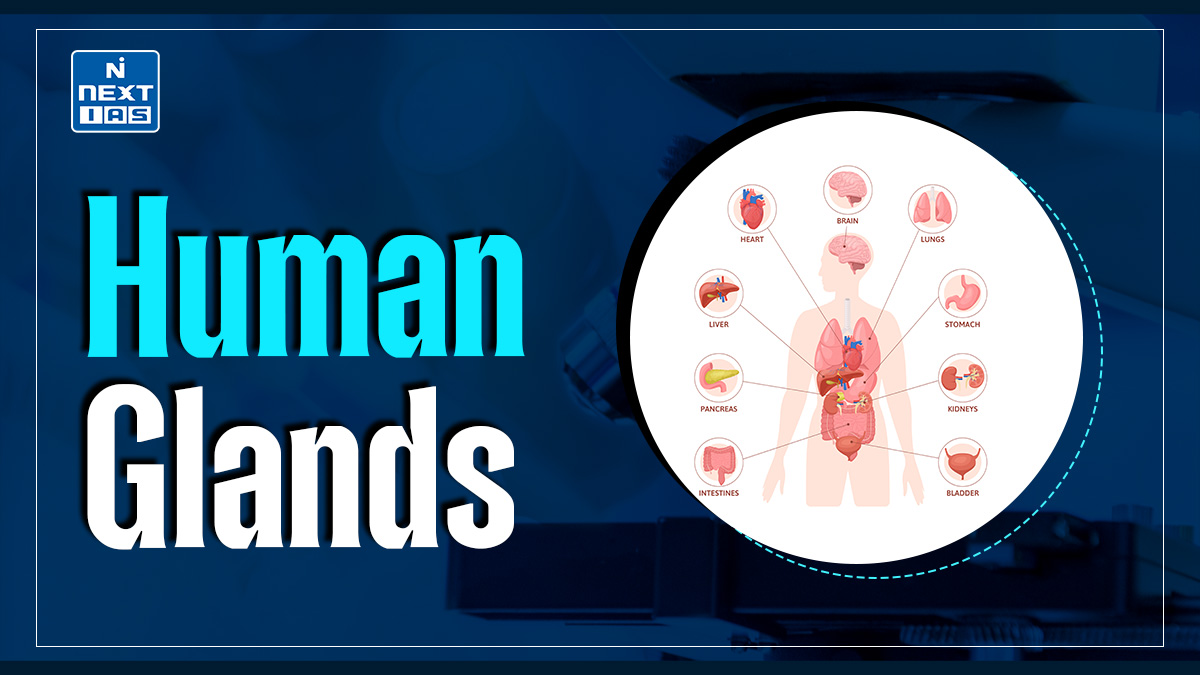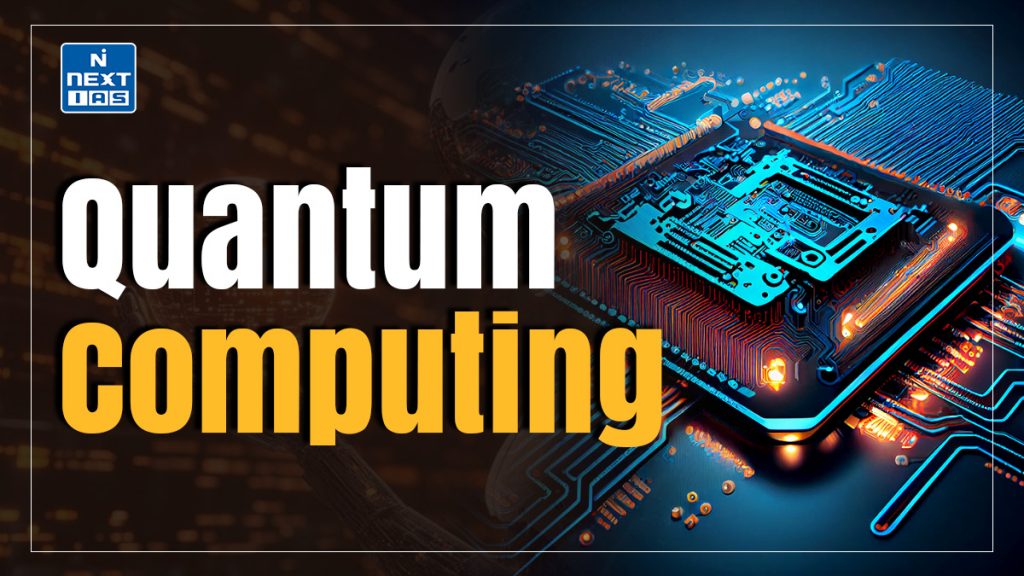
Quantum computing is an advanced computing paradigm leveraging quantum mechanics to process information exponentially faster than classical computers. Using quantum bits (qubits), it solves complex problems in cryptography, optimization, and material science. With potential to revolutionize industries, quantum computing is poised to tackle challenges beyond traditional computational capabilities.
What is Quantum Computing?
- Quantum computing is a cutting-edge technology that uses the principles of quantum mechanics to process information in fundamentally different ways than classical computers.
- Unlike classical bits, which represent data as 0 or 1, quantum bits or qubits can exist in multiple states simultaneously due to superposition. This allows quantum computers to perform complex calculations at unprecedented speeds.
- Quantum entanglement, another key principle, enables qubits to be interconnected, allowing for more efficient problem-solving. Quantum computing is especially promising for tasks like cryptography, optimization, drug discovery, and machine learning, where classical computers struggle.
- While still in its early stages, with challenges like error correction and qubit stability, quantum computing has the potential to revolutionize industries and solve problems beyond the reach of classical systems.
Key Principles of Quantum Computing
Quantum computing operates on key principles derived from quantum mechanics, enabling it to perform computations that classical systems cannot efficiently handle. These principles include:
- Superposition: Qubits can exist in multiple states simultaneously (0, 1, or both), allowing quantum computers to explore many possibilities at once and solve complex problems faster.
- Entanglement: Qubits can become interconnected, meaning the state of one qubit is directly related to the state of another, regardless of distance. This property enables highly coordinated and efficient calculations.
- Quantum Interference: Quantum states can interfere with each other to amplify correct solutions and cancel out incorrect ones, enhancing computation accuracy.
- Quantum Measurement: Observing a quantum state causes it to collapse into a definite value (0 or 1), which is a key step in extracting results.
These principles form the foundation of quantum algorithms and applications.
Difference between Classical and Quantum Computing
The primary differences between classical and quantum computing lie in how they process and represent data, leading to vastly different capabilities.
| Aspect | Classical Computing | Quantum Computing |
|---|---|---|
| Data Representation | Uses bits that are binary (0 or 1). | Uses qubits, which can exist in superposition (0, 1, or both simultaneously). |
| Processing Power | Processes tasks sequentially or in parallel within classical limits. | Explores multiple possibilities simultaneously, offering exponential speedup. |
| Underlying Principles | Operates on classical physics principles. | Operates on quantum mechanics principles like superposition, entanglement, and interference. |
| Efficiency | Efficient for tasks with deterministic algorithms. | Excels in complex problems like factoring, optimization, and simulating quantum systems. |
| Error Handling | Well-developed error correction and fault tolerance. | Faces challenges with noise and qubit stability, requiring advanced error correction. |
| Applications | General-purpose computing, suitable for everyday tasks. | Specialized applications like cryptography, AI, material science, and quantum simulations. |
| Development Stage | Mature and widely used across all domains. | Emerging technology, still in the experimental and developmental phase. |
While classical computing remains essential, quantum computing offers transformative potential for solving problems beyond classical capabilities.
Quantum Computing Applications
Quantum computing has the potential to revolutionize numerous industries by solving problems that are computationally infeasible for classical systems. Key applications include:
- Cryptography: Quantum algorithms, like Shor’s algorithm, can break classical encryption methods, prompting the development of quantum-safe cryptography.
- Optimization: Used in supply chain management, logistics, and financial portfolio optimization by solving complex optimization problems more efficiently.
- Drug Discovery: Simulates molecular structures and interactions, accelerating drug development and personalized medicine.
- Material Science: Predicts properties of new materials and chemicals, aiding in the design of superconductors and advanced materials.
- Artificial Intelligence (AI) and Machine Learning: Enhances data analysis and pattern recognition, improving AI efficiency and accuracy.
- Climate Modeling: Simulates complex systems to improve weather prediction and study climate change impacts.
- Quantum Simulation: Models quantum systems for advances in physics, chemistry, and engineering.
- Finance: Enhances risk analysis, fraud detection, and high-frequency trading strategies.
Quantum computing’s transformative potential continues to expand as technology develops.
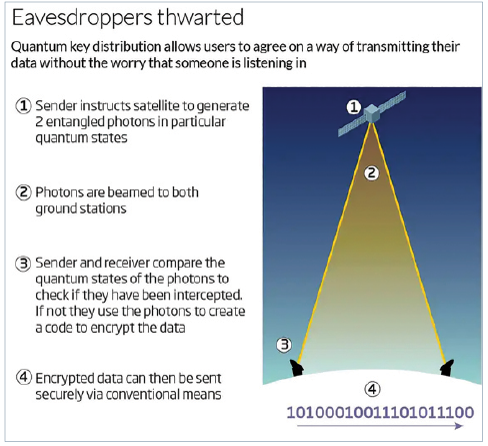
Quantum Computing Advantages
Quantum computing offers several significant advantages over classical computing, particularly in solving complex problems. Key benefits include:
- Exponential Speed: Quantum computers can process certain computations exponentially faster than classical systems, especially for problems like factoring large numbers or simulating quantum systems.
- Enhanced Problem-Solving: They excel in optimization, machine learning, and simulations, addressing challenges classical computers cannot efficiently solve.
- Advanced Simulations: Quantum computers can accurately simulate molecular and atomic interactions, benefiting fields like drug discovery, material science, and chemistry.
- Revolutionizing Cryptography: They can potentially break classical encryption systems, prompting the development of more secure quantum-safe cryptography.
- Energy Efficiency: For certain tasks, quantum computers may perform computations with less energy compared to large-scale classical supercomputers.
- Improved AI and Machine Learning: Quantum algorithms enable faster data processing and pattern recognition, enhancing AI applications.
Despite current technical challenges, quantum computing holds the promise of transforming industries and solving problems beyond classical computing’s reach.
Quantum Computing Limitations
Quantum computing, while promising, faces several limitations that hinder its widespread adoption and application. Key challenges include:
- Qubit Stability: Qubits are highly sensitive to environmental factors like temperature and electromagnetic interference, leading to errors from decoherence.
- Error Correction: Quantum systems require sophisticated error-correction mechanisms, which significantly increase computational overhead.
- Scalability: Building and maintaining a large number of stable qubits is technically challenging and resource-intensive.
- Hardware Constraints: Quantum computers rely on advanced and expensive technologies like cryogenic systems and vacuum chambers.
- Algorithm Development: Quantum algorithms are still in the early stages, with limited tools available for practical application.
- Specialized Use Cases: Quantum computing is not a universal solution; it’s primarily suited for specific problems like optimization and cryptography.
- Cost: Developing and maintaining quantum computers is prohibitively expensive, limiting access to only a few organizations and governments.
- Integration Challenges: Combining quantum systems with existing classical infrastructure requires significant advancements.
Overcoming these limitations is critical for realizing quantum computing’s full potential.
Quantum Computing in India
It is gaining momentum as the country invests in research, development, and infrastructure to become a key player in this cutting-edge technology. Here are some key highlights of India’s quantum computing landscape:
Government Initiatives
- National Quantum Mission (NQM): Launched in 2023, this initiative aims to develop quantum technologies across computing, communication, and sensing, with a budget of ₹6,000 crores ($730 million).
- Quantum-enabled Science & Technology (QuEST): A Department of Science and Technology (DST) program fostering quantum research and capacity building.
Academic Contributions
Leading institutions like IISc, IITs, and TIFR are conducting advanced research in quantum computing, focusing on quantum algorithms, hardware, and cryptography.
Corporate Engagement
Companies like IBM, Microsoft, and Google are collaborating with Indian organizations to provide quantum computing platforms and training. Indian startups like QpiAI and BosonQ are also contributing to quantum advancements.
India’s strategic investments aim to address challenges in national security, healthcare, and technology innovation, driving global competitiveness in quantum computing.
National Mission on Quantum Computing
- In 2020, the government announced the National Mission on Quantum Technologies & Applications (NM-QTA) – for which Rs 8,000 crore was announced in the Union budget. The duration of the mission is five years and it will be implemented by the Department of Science & Technology (DST).
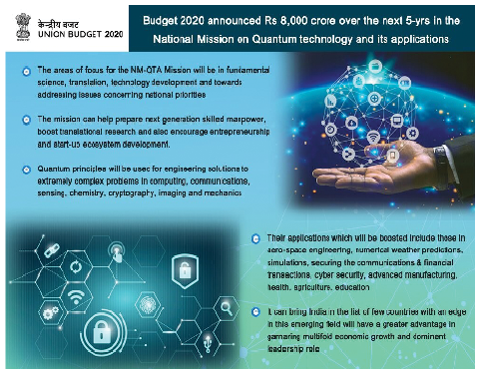
- In August 2021, the Indian government launched a Quantum Simulator (QSim) which will allow developers, scientists, and students to research advancements in quantum computing in the country.
Way Forward
To advance quantum computing, India must strengthen research funding, foster academia-industry collaboration, and develop a skilled workforce. Establishing robust quantum infrastructure, addressing hardware challenges, and promoting startups are vital. Additionally, international partnerships and investments in quantum-safe cryptography can position India as a global leader in quantum technologies and applications.
Conclusion
Quantum computing in India holds immense potential, driven by government initiatives, academic research, and corporate collaborations. As investments and expertise grow, India aims to harness quantum technologies to address national challenges and drive innovation. With sustained focus, India is poised to become a global leader in quantum research and applications.
Frequently Asked Questions (FAQs)
Who is the father of quantum computing?
David Deutsch is often regarded as the “father of quantum computing” for his pioneering work in developing quantum algorithms and proposing the concept of a universal quantum computer, which laid the foundation for modern quantum computing theory.
Who is the father of Indian quantum computing?
The title “father of Indian quantum computing” is not officially attributed to any one individual. However, notable Indian physicists like C.V. Raman and Satyendra Nath Bose made foundational contributions to quantum mechanics. In modern quantum computing, Indian researchers like Lov Grover, known for Grover’s algorithm, have made significant global impacts.
Who discovered qubit?
The concept of the qubit, a quantum counterpart to the classical bit, was introduced by Stephen Wiesner in the 1970s and later formalized by Benjamin Schumacher in 1995. Schumacher’s work on quantum coding popularized the term and concept.
What is the difference between a bit and a qubit?
A bit represents data as 0 or 1, while a qubit uses quantum superposition to represent 0, 1, or both simultaneously. Qubits enable quantum computers to process complex problems faster than classical computers by leveraging superposition and entanglement.



